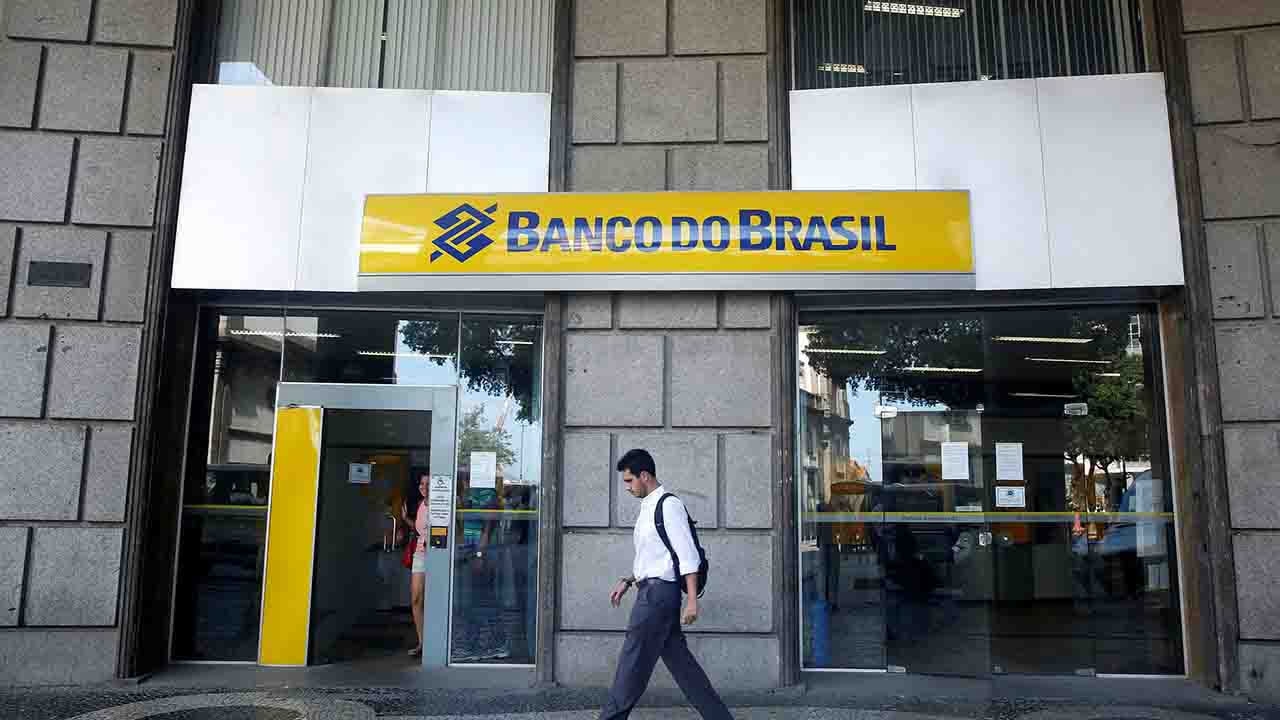As China looks to further advance the Belt & Road Initiative, Brazil has already welcomed Chinese banks to bolster trade between the two countries.
Founded in 1858, Brazil’s oldest financial institution, Banco BBM, is now controlled by China’s Bank of Communications, also known as Bocom. Bocom bought 80% of the Brazilian lender in 2015 and became the “Bank of Communications BBM”, the first financial joint-venture between Brazil and China. Also, four other Chinese financial institutions are already operating in the country.
Pedro Henrique Mariani, the new CEO and former president of Brazil’s BBM, says he is looking forward to the Belt & Road strategy.
According to official numbers, China-Brazil trade value increased between 2001 and 2015 from nearly three billion dollars to 66 billion, with Brazil selling commodities and importing low manufactured goods from China.
Anna Jaguaribe, director of the Institute for Brazil-China Studies, says that while China’s major banks are in Brazil, commodities are dollar dominated making the introduction of the Chinese currency, the RMB, a work in progress.
China became Brazil’s largest trading partner in 2009. With the Belt & Road Initiative, experts say, Chinese banks will likely increase their presence in a country that is in deep need of fresh infrastructure investment.
17343km
Copyright © 2017

